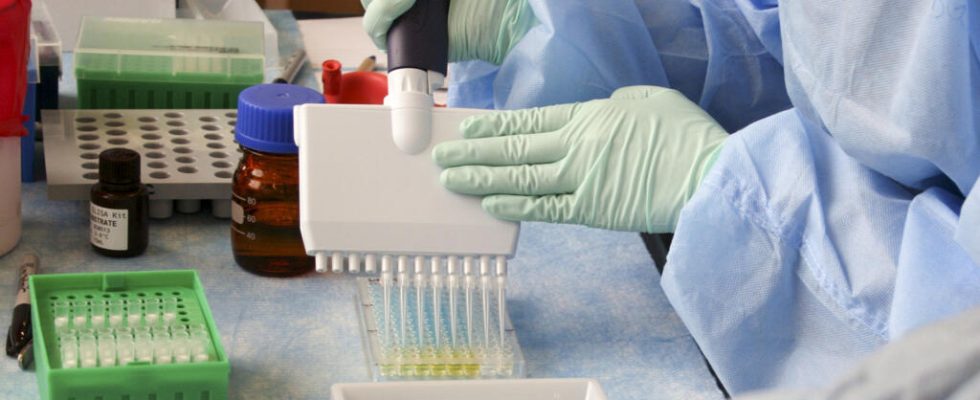The Overseas Academy of Sciences (Asom) celebrates its 100th anniversary this May 26, 2023 in Paris. Asom, which was originally an “Academy of Colonial Sciences”, now works for the circulation of knowledge between countries, particularly in the field of pandemics, even if challenges remain to be met, particularly in that of the movement of researchers from the countries of the South towards those of the North.
It’s a birthday celebrated with great fanfare this Friday at the Sorbonne. The Overseas Academy of Sciences (Asom) celebrates its 100th anniversary. Officially launched in 1923, in its early days it studied issues related to the colonies and was also called the “Academy of Colonial Sciences”.
One hundred years later, it is an institution that works for the circulation of knowledge between countries. And especially between the countries of the North and the countries of the South. And if there is one area where this is essential, it is in the fight against pandemics.
The fight against HIV, a turning point
Discuss, collaborate, but above all move forward together to improve the health of citizens around the world. For Professor Jean-François Delfraissy, immunologist and president of the National Consultative Ethics Committee and interviewed by Gwendal Lavina, this desire takes on its full meaning in the fight against HIV. Especially when triple therapy was discovered in the 1990s: “ The cry of colleagues, particularly from sub-Saharan Africa, was to say: the medicines are in the North and the sick are in the South. »
According to him, it is at this time that a real cooperation between scientists is established, which will then be used in the face of Ebola or Zika. ” There was also a whole series of scientific relationships, therapeutic trials, questions asked that may have been put in place », adds Jean-François Delfraissy.
>> To read also: L’Invité Afrique – Roland Pourtier: “We are not dependent on any institution”
Professor Francine Ntoumi, President of the Congolese Foundation for Medical Research, insists on the evolution of exchanges, made possible thanks to the rise in power of African funding: “ When I started the research, there were few African investigators who were principal investigators with big budgets to manage. Today, it is quite feasible, and even very common. »
The two scientists, however, call for more resources to be put on the table to anticipate the next challenges in the field of health.
” We don’t do research for our country, but for humanity »
There is also a pitfall that many researchers come up against: that of their travel between countries, which is sometimes complicated. It sometimes remains a real headache to go to the countries of the North, whether to study, attend conferences or have access to certain tools. And it is a subject that mobilizes the scientists concerned, as Francine Ntoumi explains: “ I was just discussing it with colleagues in Geneva just yesterday, they even wanted to make a petition about it. »
This internationally recognized immunologist travels a lot and cannot attend certain events due to a lack of visas issued. ” I feel like a second-class scientist at timesshe says. In this context, yes, I really feel like an under-scientist compared to some colleagues “.
Jean-François Delfraissy works extensively with foreign scientists. They bring real added value and for him, countries, starting with France, must be more attractive. ” We also need money, and we are no longer quite at the rendezvous of funding, both for the studies of these scientists, for stays in France, for stays with their families. We are not up to it. »
Francine Ntoumi therefore calls for a reaction from governments with the main argument: “ We don’t do research for our country, we do research for humanity, for everyone. “And she is sorry that the problem is not more raised outside the scientific community.
